Ballymurphy inquest: Army statements fabricated, says QC
- Published
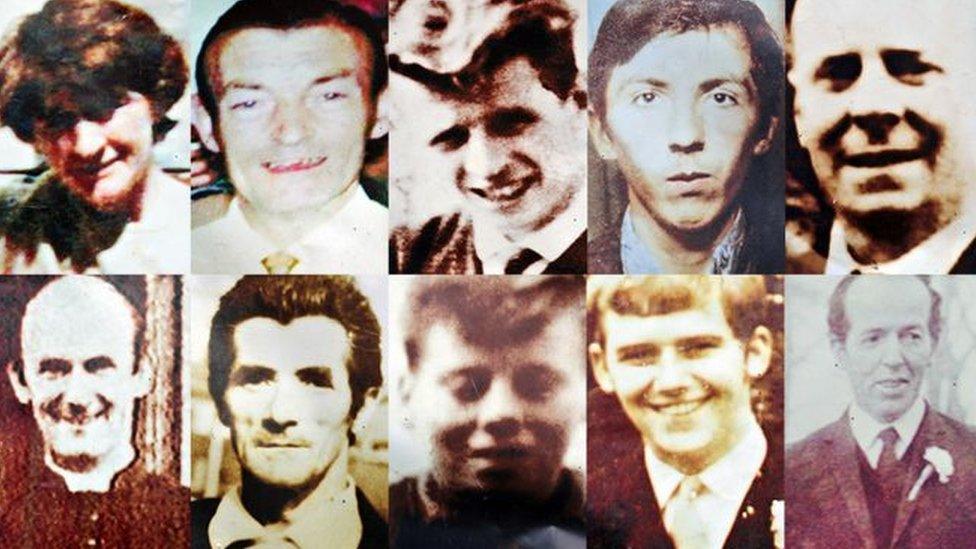
Ten people were killed in the shootings at Ballymurphy in 1971
A barrister at the inquest examining the deaths of 10 people in shootings in west Belfast in 1971 has suggested that two Army statements apparently made at the time were fabricated.
Michael Mansfield QC represents the families of Daniel Teggart and Noel Phillips, who died in Ballymurphy.
He was questioning Nigel Mumford, the medical orderly who treated casualties as they came into an Army base.
The two statements referred to were used at the initial inquest in 1972.
The current inquest is looking into the fatal shootings of 10 people in Ballymurphy in August 1971.
The shootings happened amid disturbances sparked by the introduction of internment without trial in Northern Ireland.
On Wednesday, Mr Mumford, who was a corporal with the Royal Army Medical Corps, was giving a second day of evidence to the inquest by a videolink.
'Pretending to be you'
In the court, barrister Mr Mansfield said the Army statements had come from a "Soldier M" who explained in them that he was the medical orderly on duty.
Mr Mumford has consistently denied that he was Soldier M or that he ever spoke to the Royal Military Police about what happened.
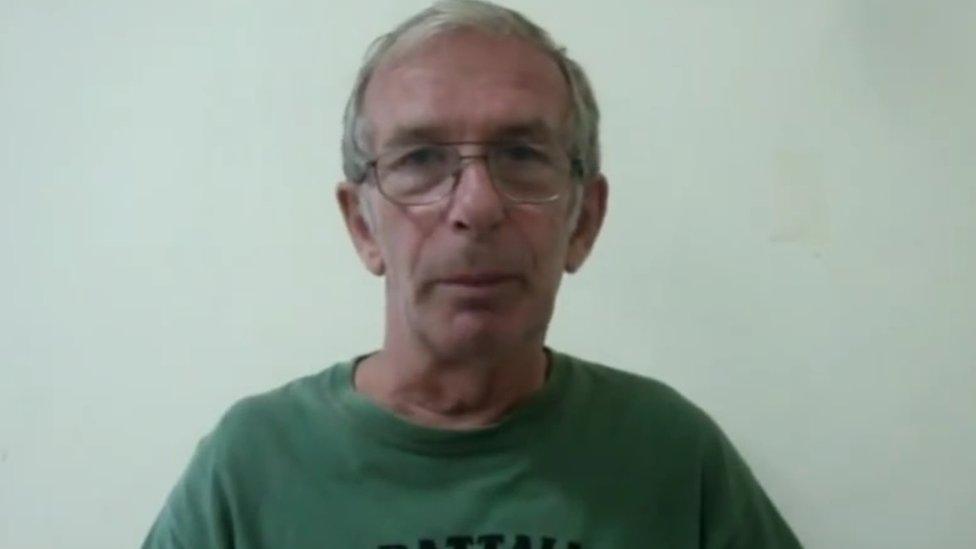
Nigel Mumford said he was "so disappointed" that people died in his care
Mr Mansfield said he accepted the statements did not come from Mr Mumford and told him that he believed them to have been fabricated by someone "pretending to be you".
Mr Mumford did not attend the 1972 inquest.
The barrister read parts of the statements to the witness - item by item, he and Mr Mumford agreed the significant differences between them and what Mr Mumford said he remembered.
Mr Mansfield suggested that while much of the information detailed in the statement was said to have been gathered from casualties at the time, it could only have been ascertained later at a post-mortem examination.
The witness agreed that he could not have found such things out and had not done so when he was busy dealing with badly-wounded people.
'I tried to save that man'
Earlier on Wednesday, Mr Mumford denied that he did not take proper care of the wounded during the Ballymurphy shootings.
He treated at least five casualties who had been taken into the Henry Taggart Army base.
Four people died as a result of shooting in the immediate area on 9 August 1971.
A barrister for the family of Joseph Murphy asked why an exit wound on Joseph Murphy's leg had been missed and why he appeared to have been badly beaten by the time he arrived at the Royal Victoria Hospital.
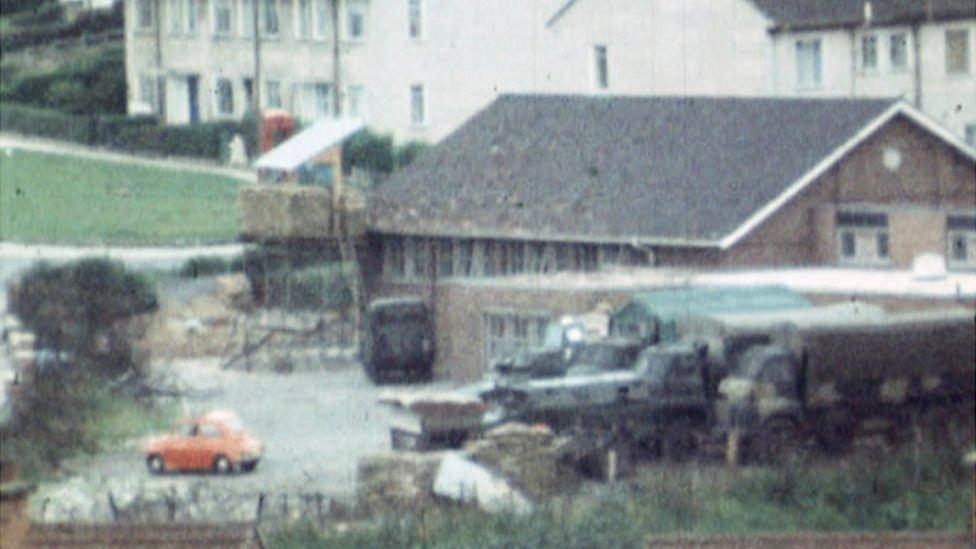
Soldiers from the Parachute Regiment were based at the Henry Taggart Army base
In a heated exchange Nigel Mumford told the court: "I looked after them patients professionally, every one of them.
"I never allowed anyone to harm them in any form."
He said later: "I did not in any way try and inflict damage on a wounded person."
'Ashamed' at Army training
After some legal debate, the coroner Mrs Justice Keegan asked Mr Mumford if he accepted that there were inadequacies in his treatment of Joseph Murphy.
"I treated them to the best of my ability - I tried to save that man," replied Mr Mumford.
Mr Mumford went on the say he was "ashamed" that he had not been given better training by the Army.
"I was so disappointed about these people dying in my care," he said.
The court heard that in a book he had written, Mr Mumford suggested he left the Royal Army Medical Corps, joined the Parachute Regiment and later the SAS because he was "better at killing people than treating them".
Later, Mr Mumford told a barrister for the Ministry of Defence (MoD) that he didn't like or trust the MoD.
He also told the court he had been hounded by the British police and had had to leave the UK because of them and MI5.
He reacted angrily when the barrister suggested he had made parts of his evidence up.
Court proceedings were halted briefly at one stage when a male voice was heard prompting Mr Mumford out of view of the camera.
He was reminded by the coroner that he was not to be assisted in his evidence.
He said that the man - a neighbour - had then left the room.
- Published9 April 2019

- Published8 April 2019
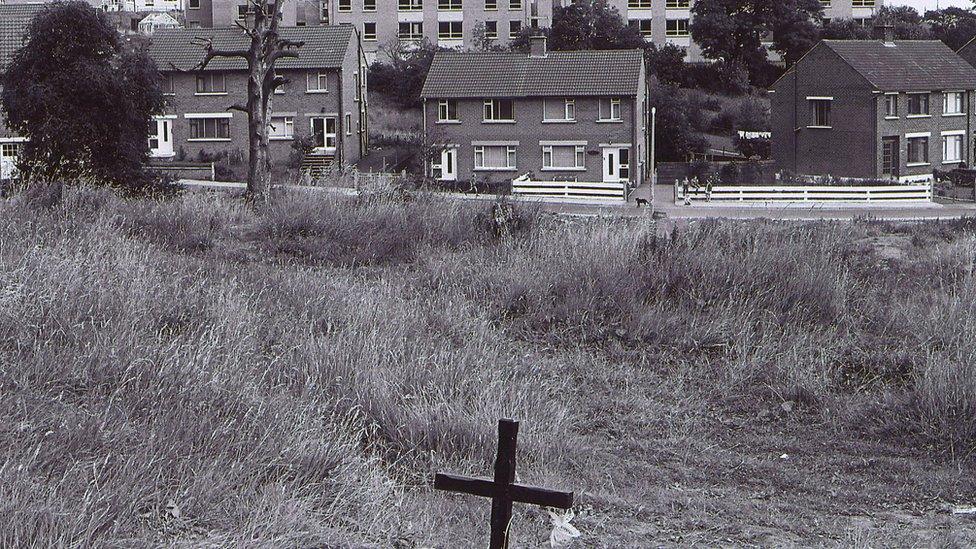
- Published2 April 2019
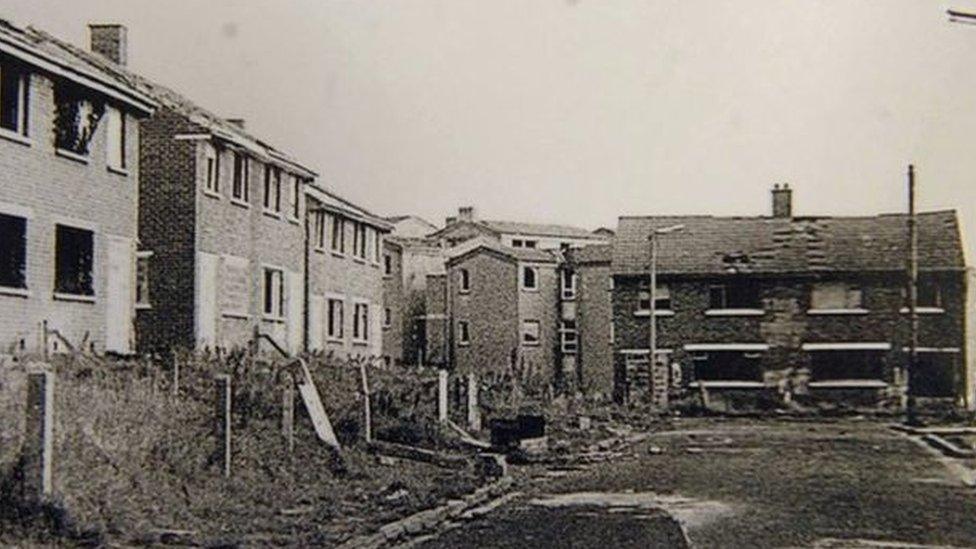
- Published25 February 2019
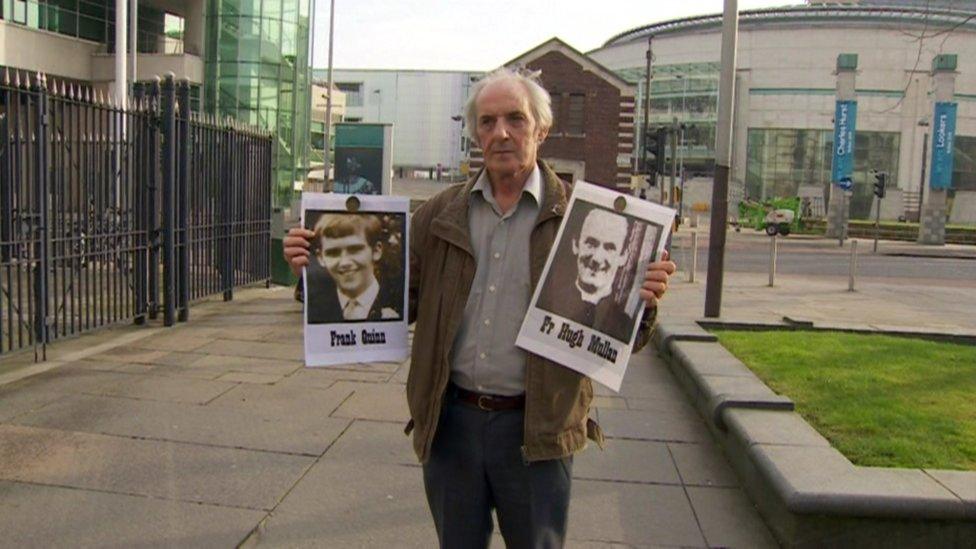
- Published14 February 2019
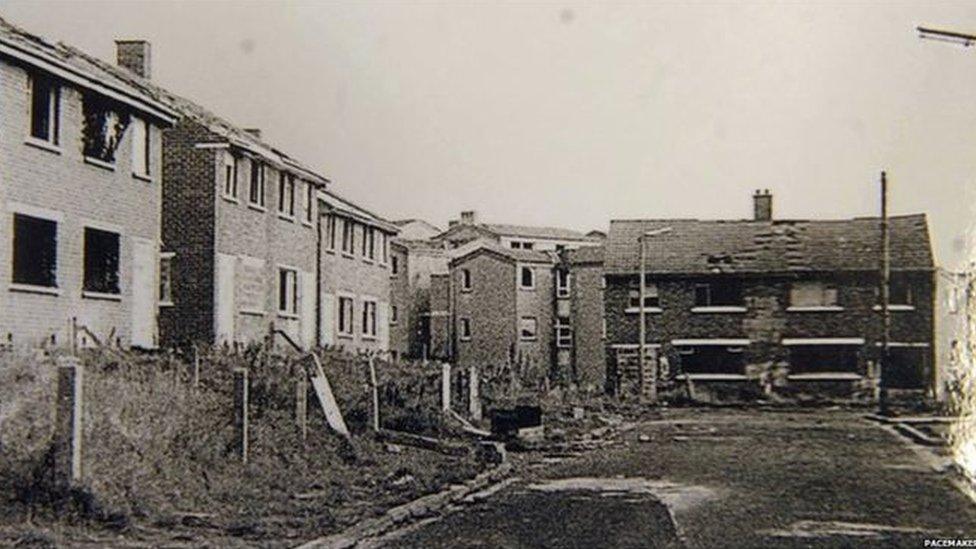
- Published13 February 2019
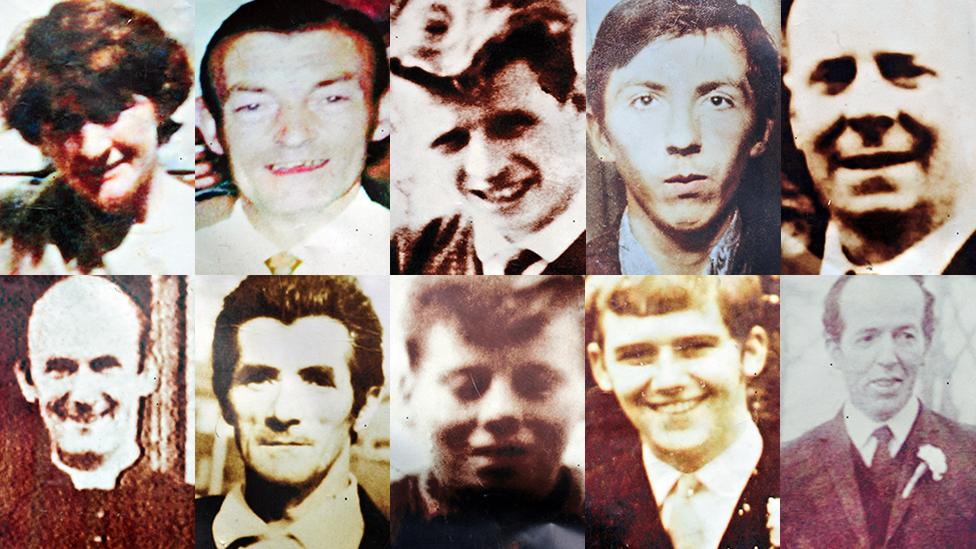
- Published12 February 2019
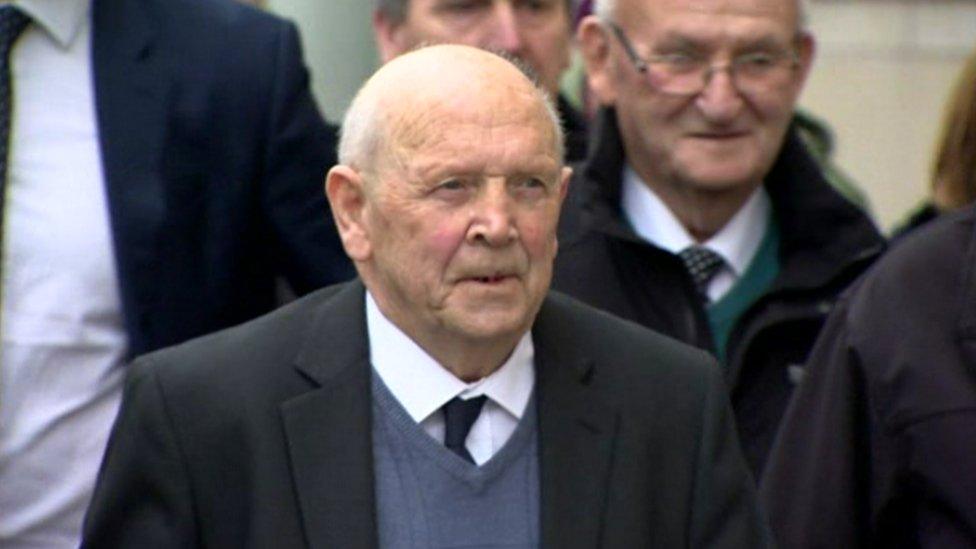
- Published11 May 2021
